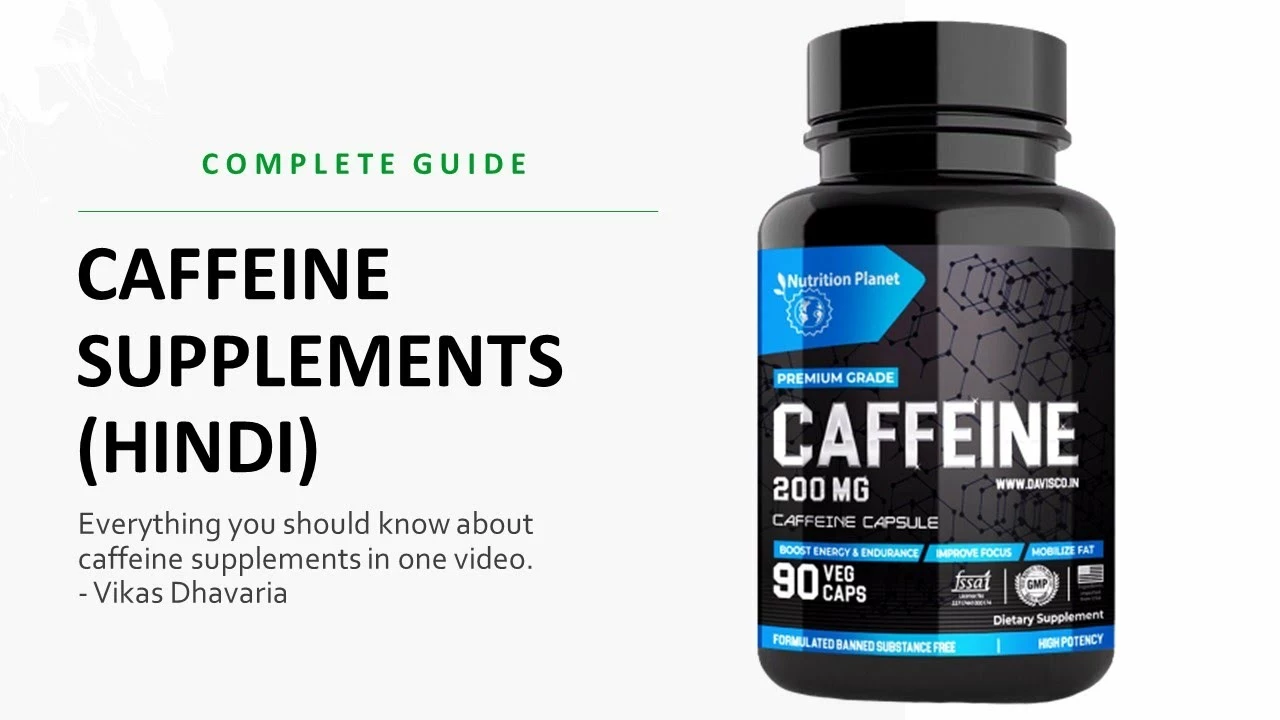Glycine: what it is and why people take it
Glycine is the smallest amino acid your body uses to build proteins. You get it from food, especially meat, fish, dairy, and collagen-rich broths. People also take glycine as a supplement to help sleep, support joints and liver function, and sometimes to help blood sugar control. It’s cheap, tastes mildly sweet, and comes as powder or capsules.
How people use glycine
For sleep: many folks take 1–3 grams before bed. Small clinical trials show that a single 3 g dose can reduce time to fall asleep and improve sleep quality the same night. If you struggle to fall asleep, taking glycine 30–60 minutes before bedtime is common practice.
For joint and skin support: glycine is a big part of collagen. Some people use 5–10 g daily of collagen or glycine-containing supplements to support joint comfort and skin hydration. Effects build over weeks, not days.
For metabolic health: studies have explored higher doses (several grams) to help with blood sugar and fatty liver markers. Results are mixed, so this use is experimental and should be guided by a clinician.
Safety, dosing, and interactions
Typical doses: 1–3 g for sleep, 3–10 g for general supplement use, and higher amounts have been used in short-term studies. Start low — 1 g — and increase slowly if you need more effect. If you take glycine with meals, it may help blunt blood sugar spikes; taken before bed it supports sleep.
Side effects are usually mild: stomach upset, nausea, or drowsiness. Because glycine can lower blood sugar, combine it carefully with diabetes medications to avoid low blood sugar. If you have kidney disease, talk to your doctor before trying it — your kidneys clear amino acids and dosing may need adjustment.
Pregnant or breastfeeding people should avoid starting supplements without medical advice. Glycine can interact with some drugs that affect the nervous system, so mention it to any doctor prescribing sedatives or antipsychotics.
Form and cost: powder mixes easily into water, tea, or a smoothie and is usually the most cost-effective form. Capsules are convenient on the go but cost more per gram. Collagen powders include glycine plus other amino acids and may be a better fit if you want joint or skin benefits along with glycine.
Quick tips: try 1 g before bed for a week to test sleep effects; use plain powder if you want the lowest price; tell your doctor if you have diabetes or kidney issues. If you use prescription meds, check for interactions. Simple changes like this can make glycine a practical, low-risk addition for sleep or general wellness when used sensibly.

Discover the Secret to Optimal Health with Glycine: The Must-Have Dietary Supplement
Jul 31 2023 / Health and WellnessAlright, folks! I just stumbled upon a secret that has me feeling like I've found the Atlantis of optimal health! Let me introduce you to the superhero of dietary supplements, Glycine! This bad boy is not just an ordinary amino acid, it's like having a wellness genie in a bottle. From boosting your sleep quality to jazzing up your metabolic performance, Glycine is like a swiss army knife for your health. So, grab the popcorn folks, because we're about to dive deep into the world of Glycine and uncover the secret to optimal health.
VIEW MORE